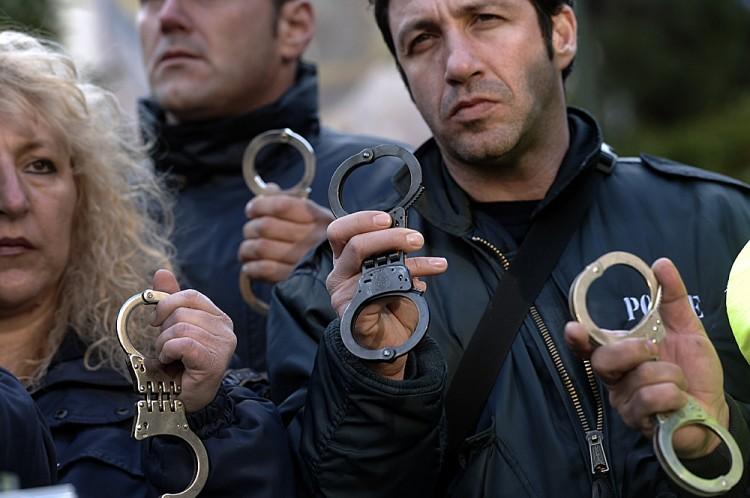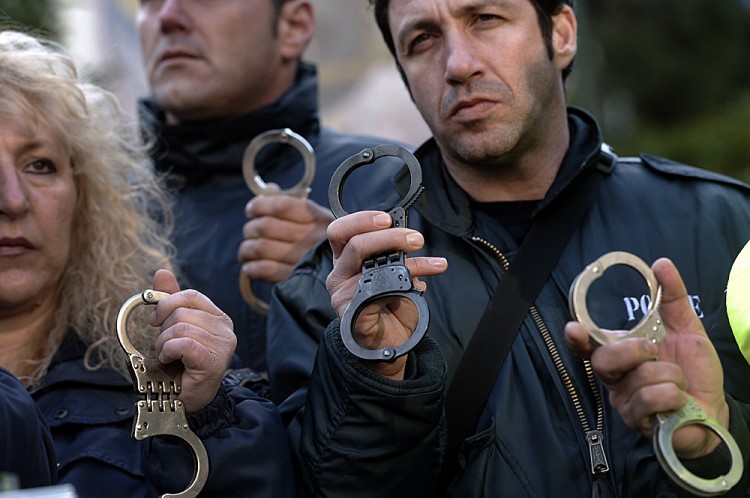A report found that corruption in Greece is rampant throughout the business, political, and media sectors and could hamper the country’s long-term recovery, despite receiving a $170 billion bailout from the eurozone.
The watchdog group Transparency International released its findings on Greece on Wednesday. “We all know about the debt crisis, but Greece is also suffering a crisis of values,” Costas Bakouris, the head of the group’s branch in Greece, said in a statement.
“[Greece] has the right laws in place but does little to enforce them. The law is being violated, the illegal is being legalized, and the international commitments to fight corruption are being ignored,” he added.
Greek businesses and bureaucrats do not try to stop corrupt practices but actually engage in them, the organization said. Even though the country has a number of anti-corruption laws, they are often overlooked and are rarely enforced.
“The laws are there, and institutions already have teeth—they just need to bite,” Bakouris said.
Many laws that have been put in place nullify other laws that are supposed to prevent corrupt practices. For example, the watchdog said that illegally built buildings can be approved later, accounts can be validated without a tax inspector, and many government agencies have special accounts that cannot be viewed by watchdog groups or inspectors.
The private, judiciary, and public sectors were identified by Transparency International as the most problematic, while the Ombudsman offices were the least problematic.
In a European Union-commissioned survey published earlier this month, 98 percent of Greeks said corruption is a major problem. It found that 88 percent said corruption is a big part of the business culture throughout the country.
Greece relies heavily on other eurozone countries to remain solvent but has struggled for years to place reforms on its economy and climb out of a deep recession.
The bailout package requires that Greece impose austerity cuts but also demands labor market and public sector reforms in return. Greek Prime Minister Lucas Papademos, in what he described as a “symbolic act of solidarity,” gave up his salary last month, the Ekathimerini newspaper reported.
On the organization’s 2011 corruption index, with higher numbers being more corrupt, Greece ranked 80th out of 183 and was ranked as less corrupt than countries that include Saudi Arabia, Malaysia, Nambia. It was tied with Thailand.
“This crisis is a unique opportunity to redefine lost values and re-establish national institutions,” Bakouris said.
The watchdog recommended that Greece have stronger rules over the budgetary accounts of political parties, more transparency within private companies, and that it should place all anti-corruption agencies into a single entity.





